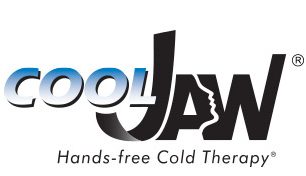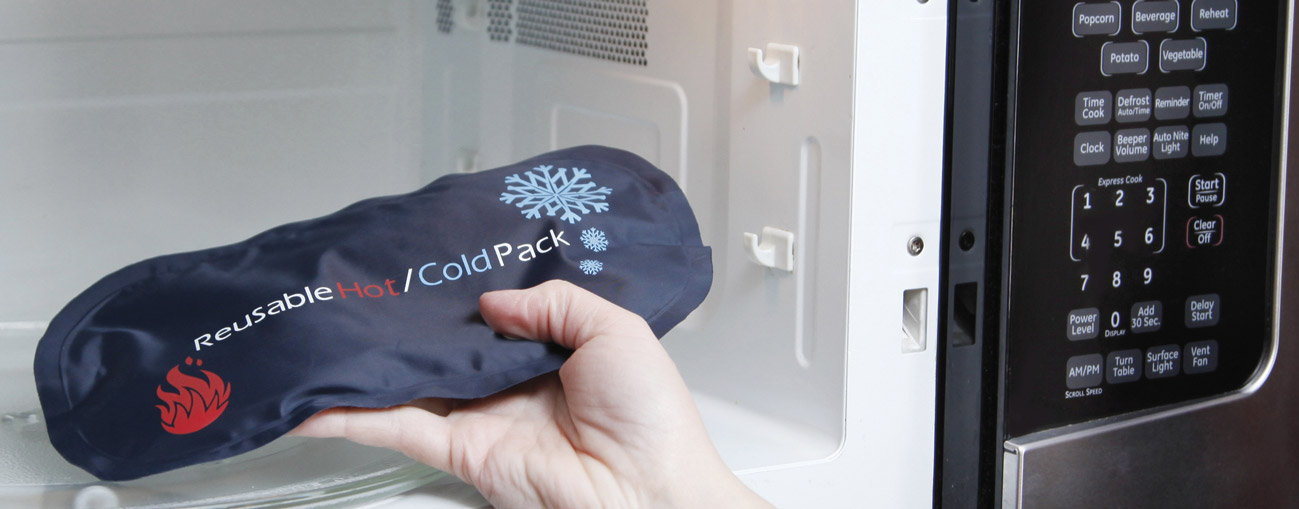Heat therapy
How it works:
Heat therapy works by improving circulation and blood flow to a particular area due to increased temperature. Increasing the temperature of the afflicted area even slightly can soothe discomfort and increase muscle flexibility. Heat therapy can relax and soothe muscles and heal damaged tissue.
Types:
There are two different types of heat therapy: dry heat and moist heat. Both types of heat therapy should aim for “warm” as the ideal temperature instead of “hot.”
- Dry heat (or “conducted heat therapy”) includes sources like heating pads, dry heating packs, and even saunas. This heat is easy to apply.
- Moist heat (or “convection heat”) includes sources like steamed towels, moist heating packs, or hot baths. Moist heat may be slightly more effective as well as require less application time for the same results.
When applying heat therapy, you can choose to use local, regional, or whole body treatment.
- Local therapy is best for small areas of pain, like one stiff muscle. You could use small heated gel packs or a hot water bottle if you only want to treat an injury locally -- www.cooljaw.com
- Regional treatment is best for more widespread pain or stiffness, and could be achieved with a steamed towel, large heating pad, or heat wraps.
- Full body treatment would include options like saunas or a hot bath.
When not to use:
There are certain cases where heat therapy should not be used. If the area in question is either bruised or swollen (or both), it may be better to use cold therapy. Heat therapy also shouldn’t be applied to an area with an open wound.
People with certain pre-existing conditions should not use heat therapy due to higher risk of burns or complications due to heat application.
These conditions include:
- diabetes
- dermatitis
- vascular diseases
- deep vein thrombosis
- multiple sclerosis (MS)
If you have either heart disease or hypertension, ask your doctor before using heat therapy. If you are pregnant, check with your doctor before using saunas or hot tubs and apply heat therapy.
Heat therapy is often most beneficial when used for a good amount of time, unlike cold therapy, which needs to be limited.
- Minor stiffness or tension can often be relieved with only 15 to 20 minutes of heat therapy.
- Moderate to severe pain can benefit from longer sessions of heat therapy like warm bath, lasting between 30 minutes and two hours.


